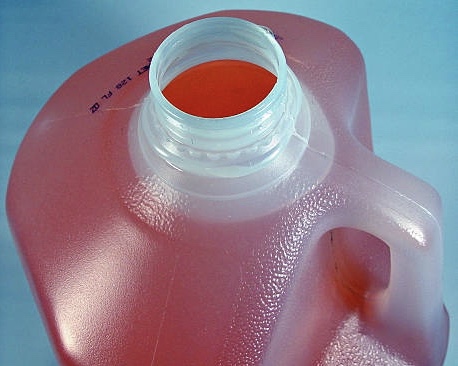How safe is the ‘borg’ drinking trend?
By Jessica MasonThe new “borg” drinking trend that is sweeping across US college campuses has begun to raise concerns with health professionals.

The “borg” trend, which stands for “blackout rage gallon”, has started making more appearances on TikTok and other social media platforms and, according to sources, involves a blend of water, vodka, caffeine and powdered electrolytes sometimes along with flavoured seltzers being added to a gallon bottle.
The trend has taken off in a big way after being identified by students as a fun way to both customise their drinking preferences, pace their drinking as well as prevent a hangover the next morning. Many fans are also standing by borg drinking as a simple, cost-effective and conscientious way of preventing their drinks from being spiked at parties.
Despite these claims, some health experts have started to disagree with the perception that the trend is harmless, largely because of the volume element playing such a primary role.
Gus Colangelo, MD, emergency medicine physician at Tufts Medical Center, said: “In my opinion, it actually makes it more dangerous [than drinking a normal alcoholic drink, because] rather than having a cup of alcohol and someone saying, finish your beer, you have a gallon jug. Now someone’s saying to you, you got to finish that gallon jug.”
Partner Content
According to Dr Colangelo, because of this, drinking a borg falls under the description “uncontrolled drinking”.
He explained: “If you take a fifth of vodka, which is about 16 shots, and pour that into a half a gallon of water with some electrolytes, it doesn’t absolve the fact that you’re still drinking 16 shots of vodka.”
Colangelo revealed that many of the people who visit the emergency department on a weekend night are dealing with over-drinking and observed: “Sometimes they drank five Manhattans and sometimes they drank a borg.”
David Jernigan, professor in the department of health law, policy and management at Boston University, added: “Making claims about these as a form of harm reduction for drinking have absolutely zero evidence of any basis. Keeping yourself hydrated is not going to meaningfully reduce the risks.”
Related news
America’s top 50 craft breweries
South Australia wine exports to China reach post-tariff high




